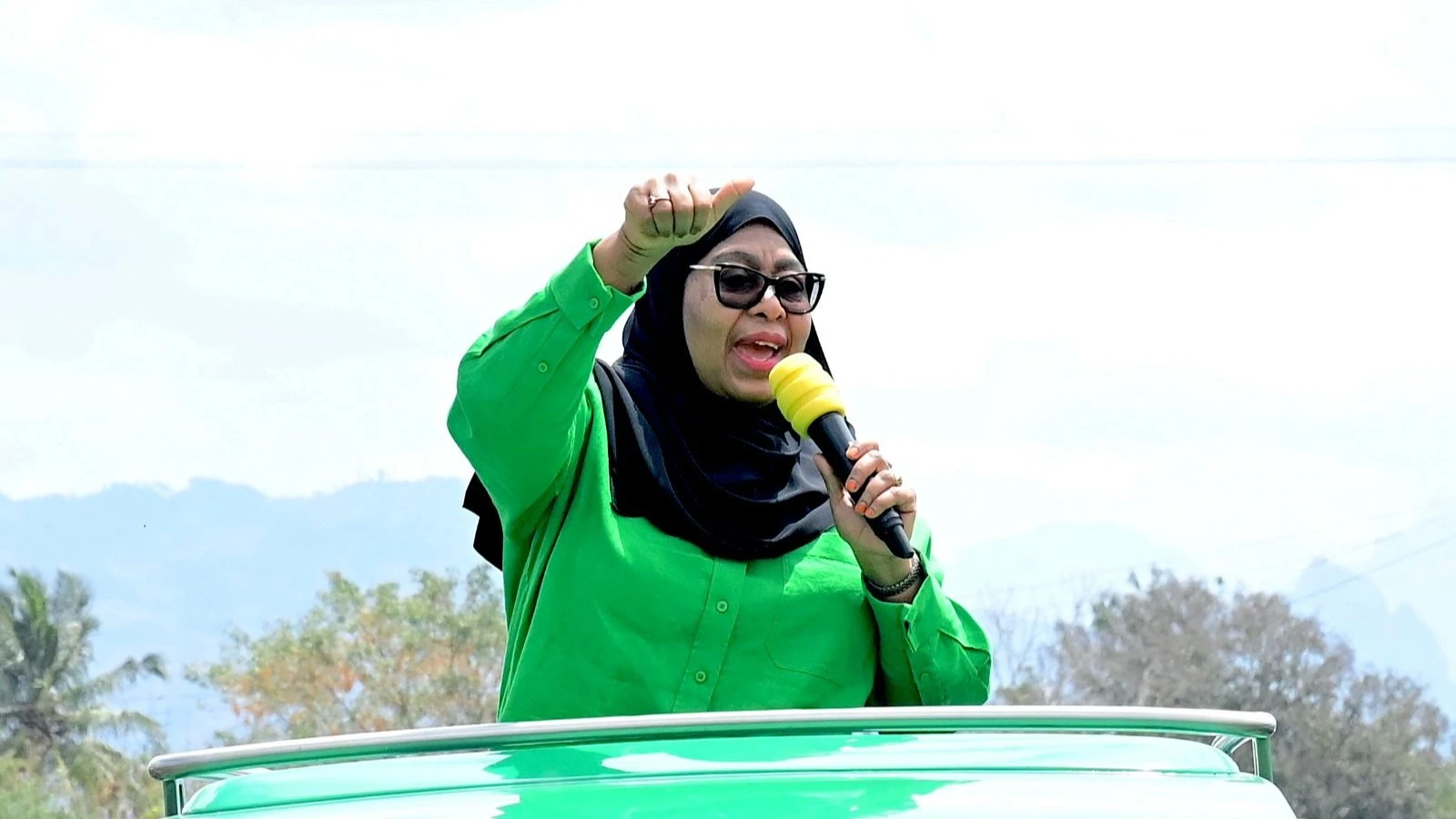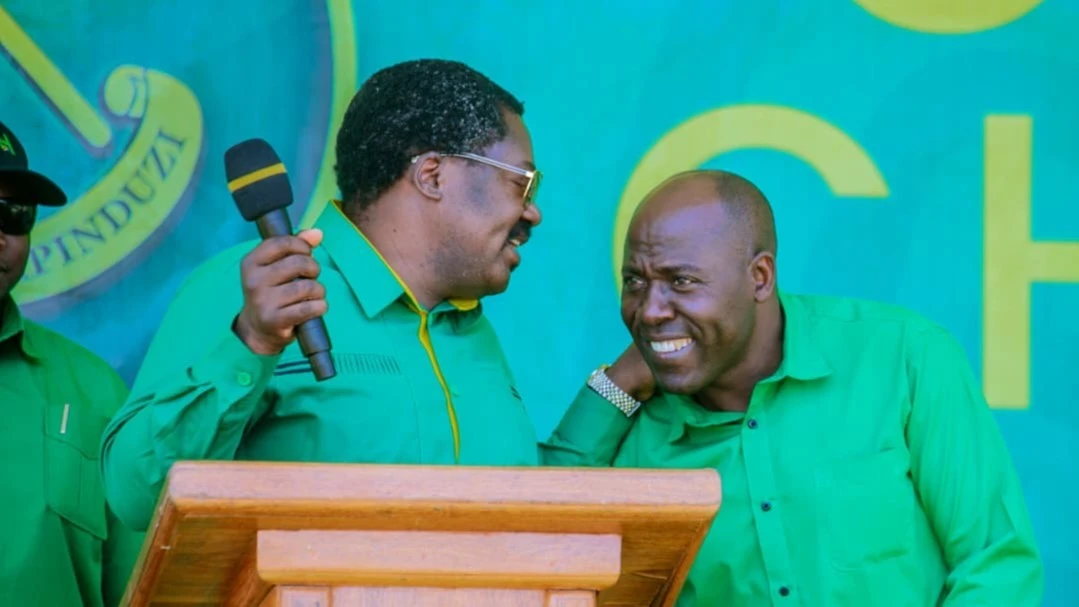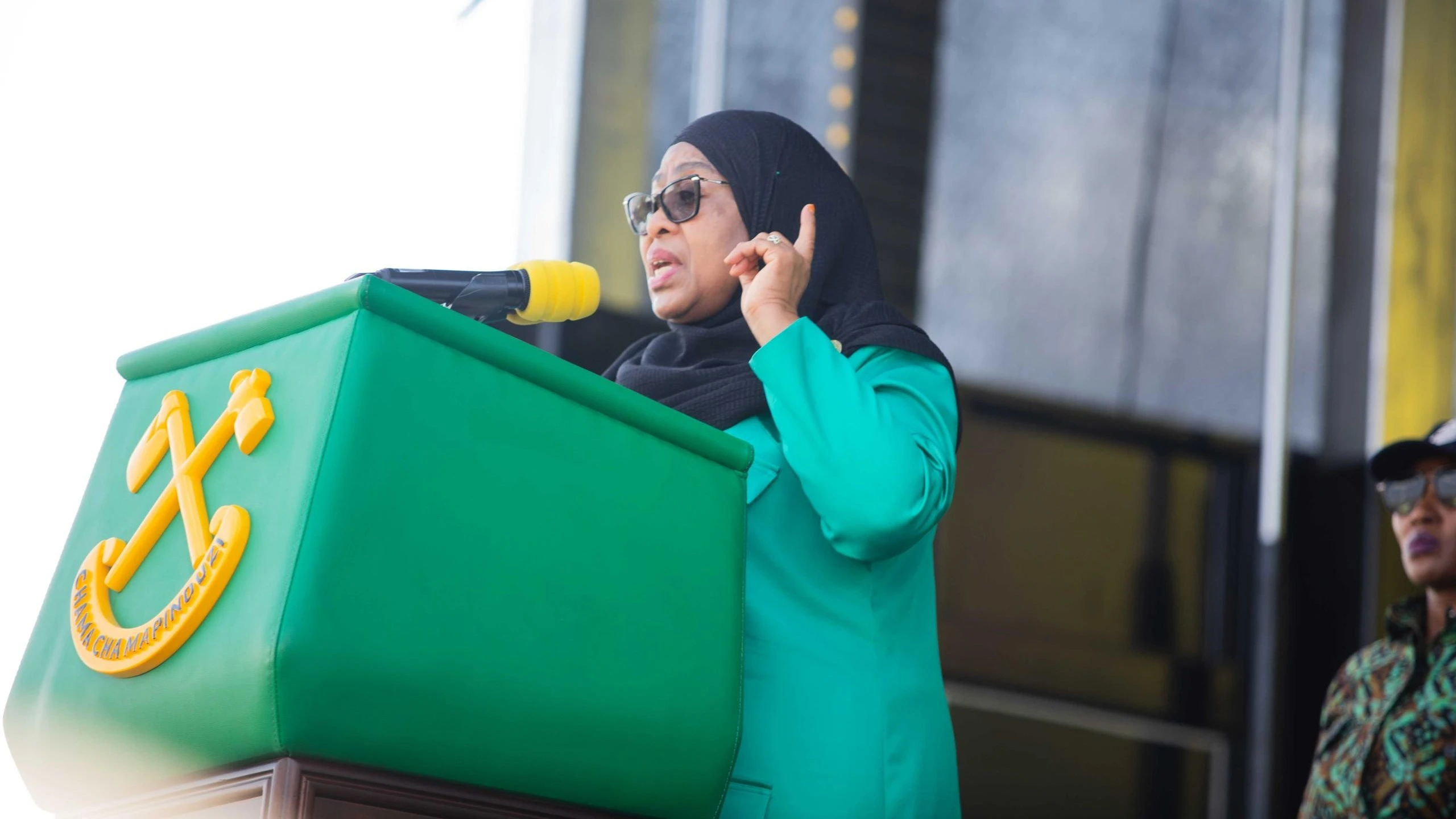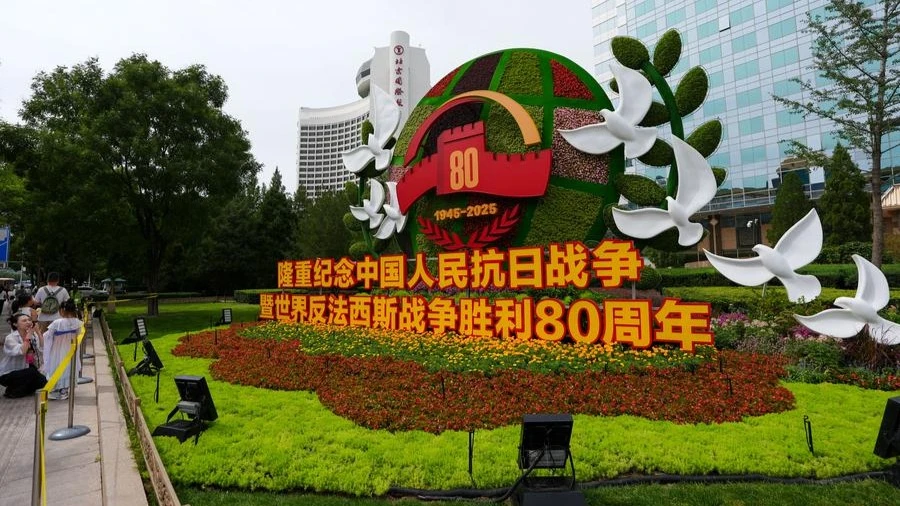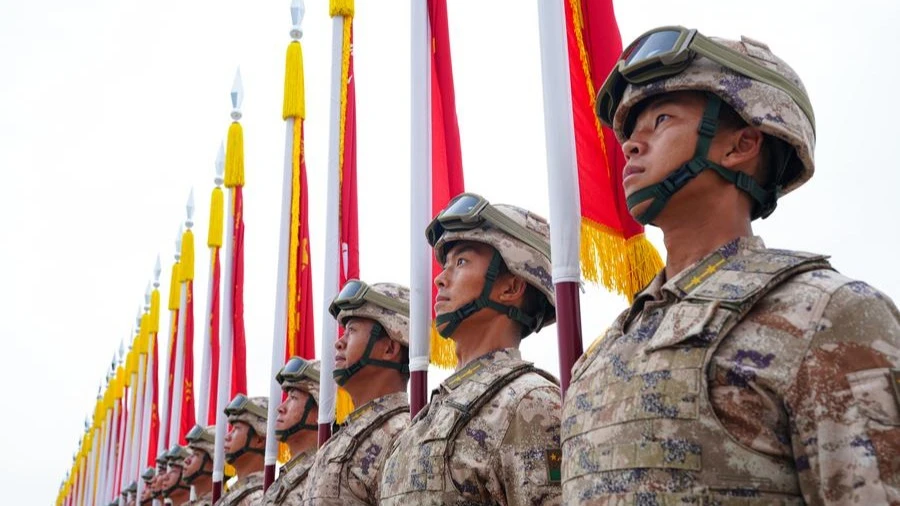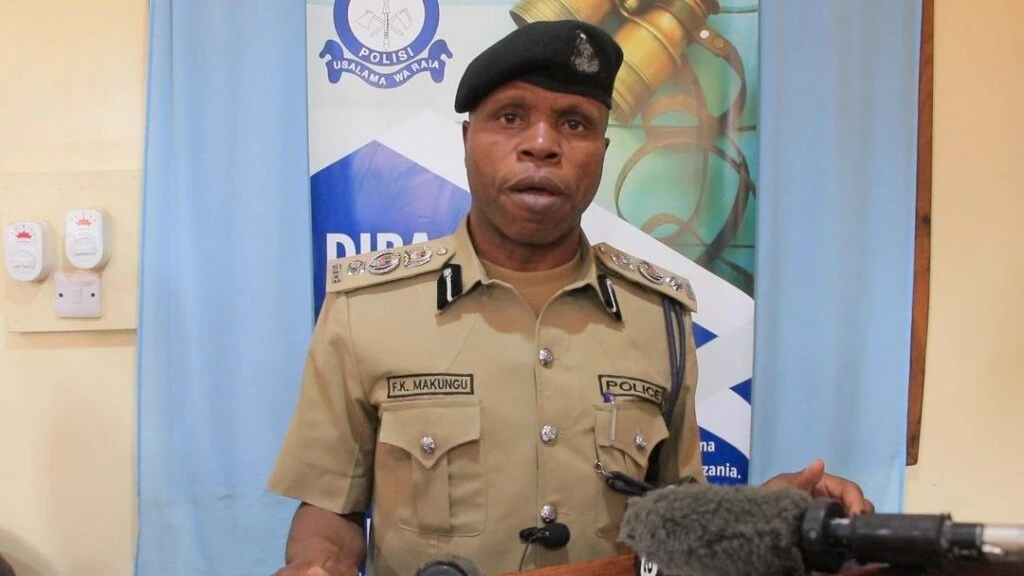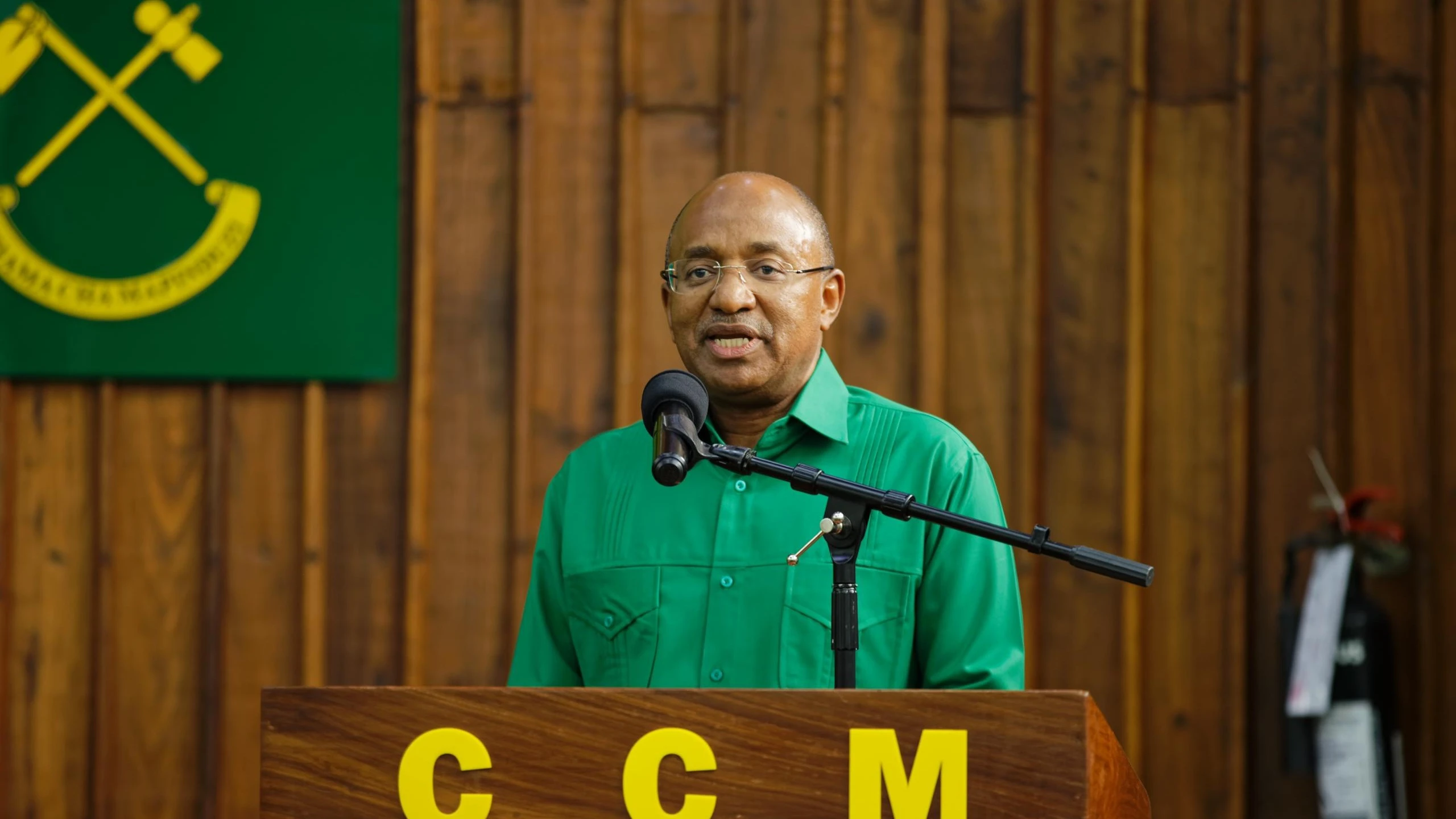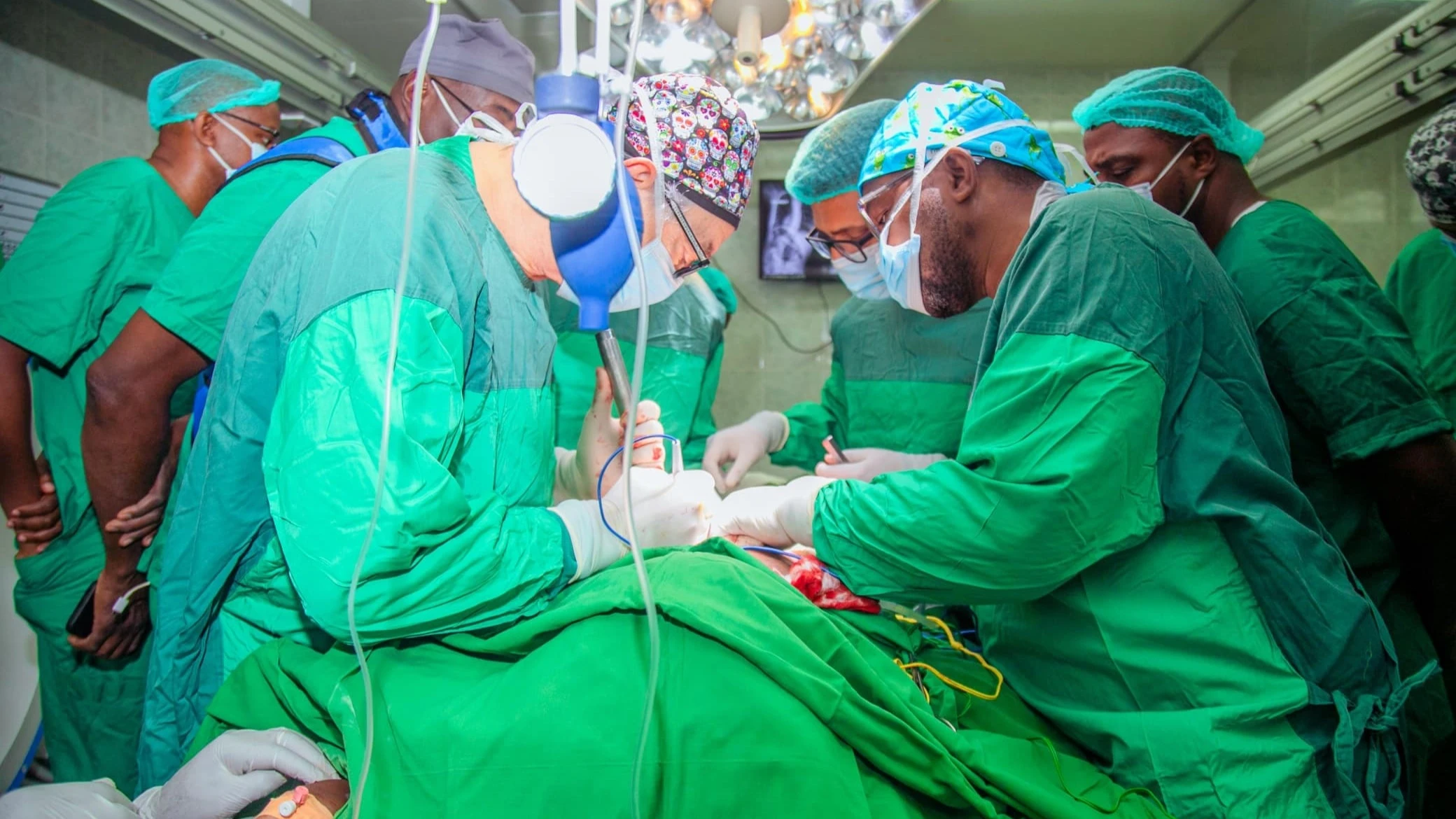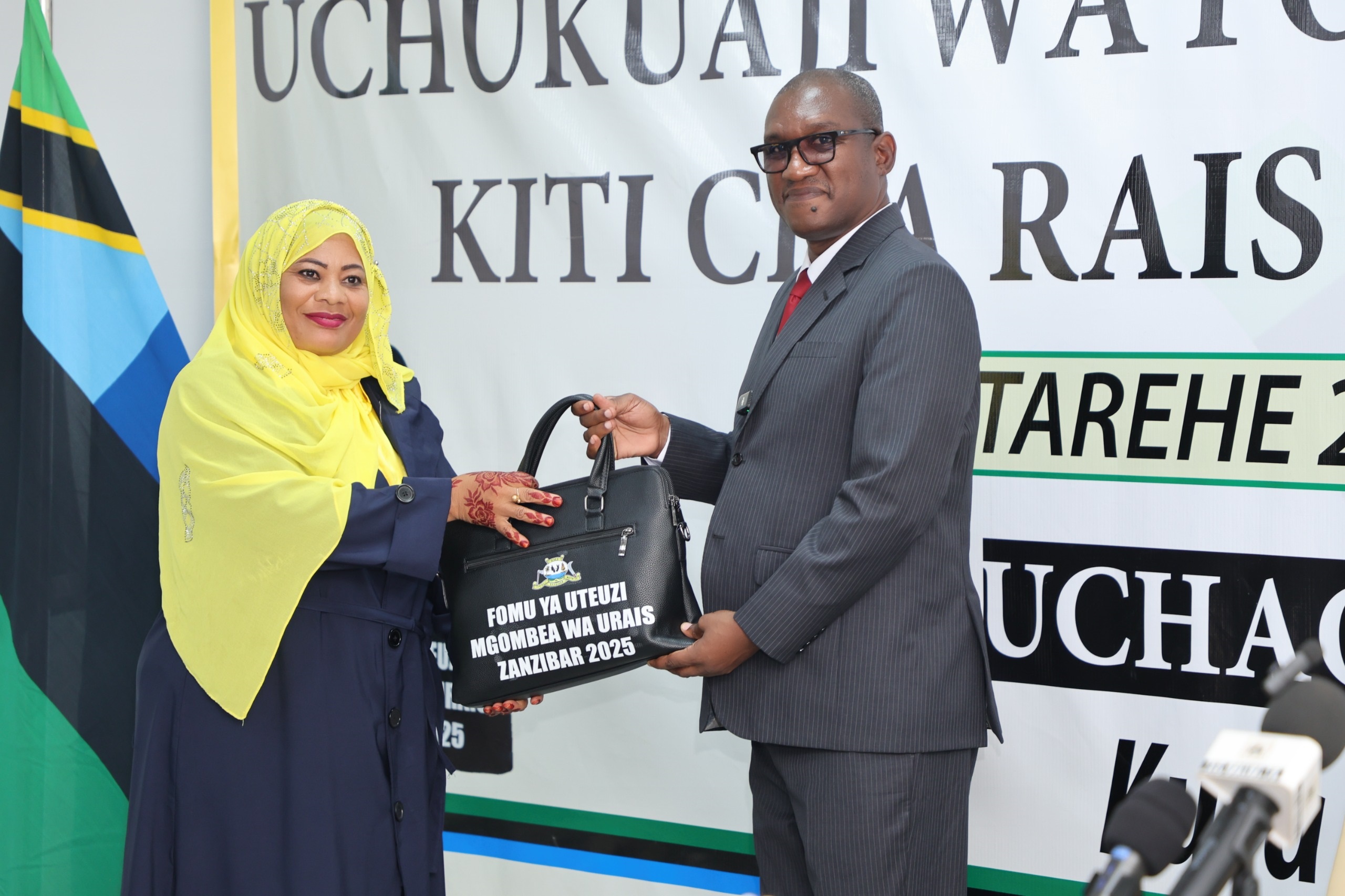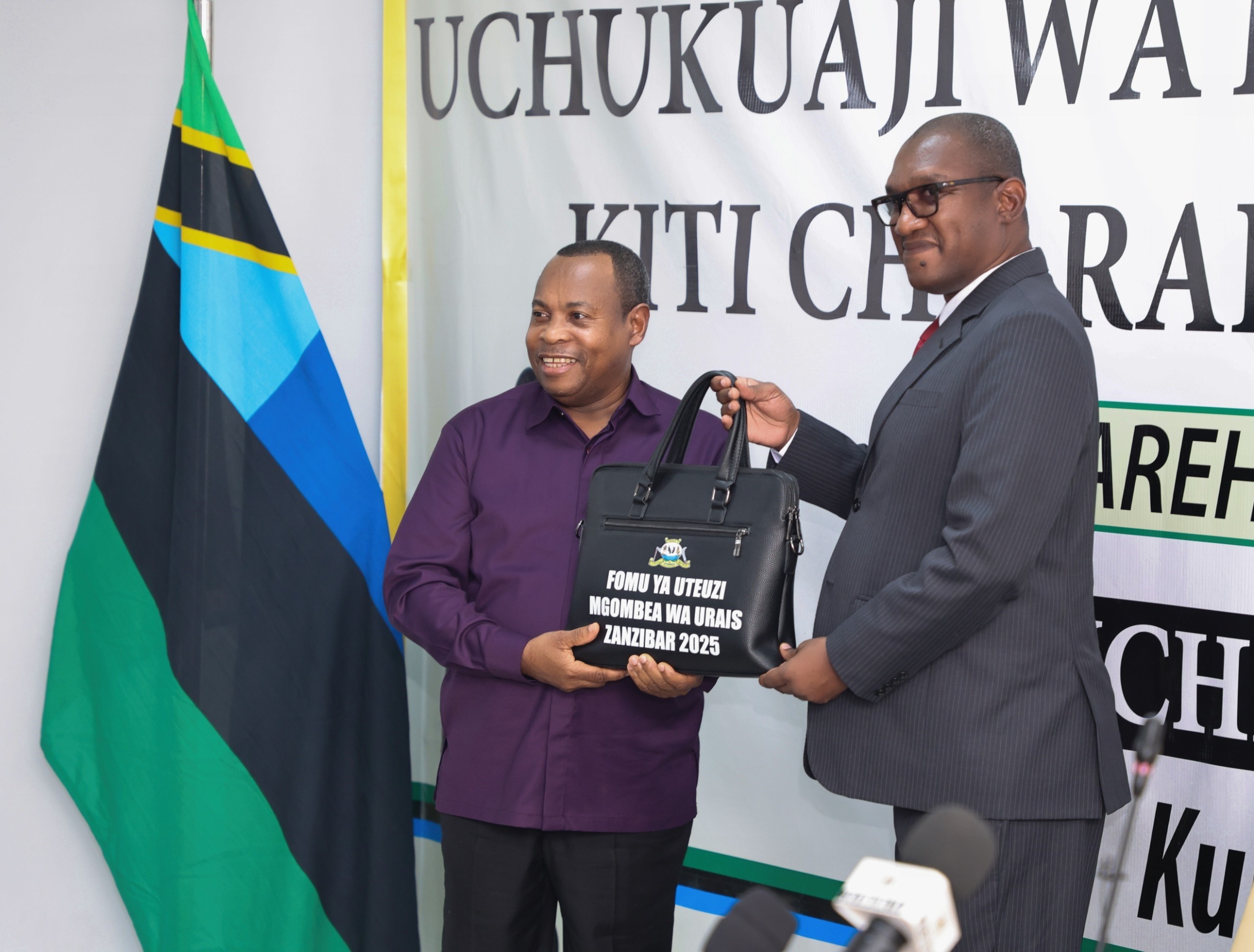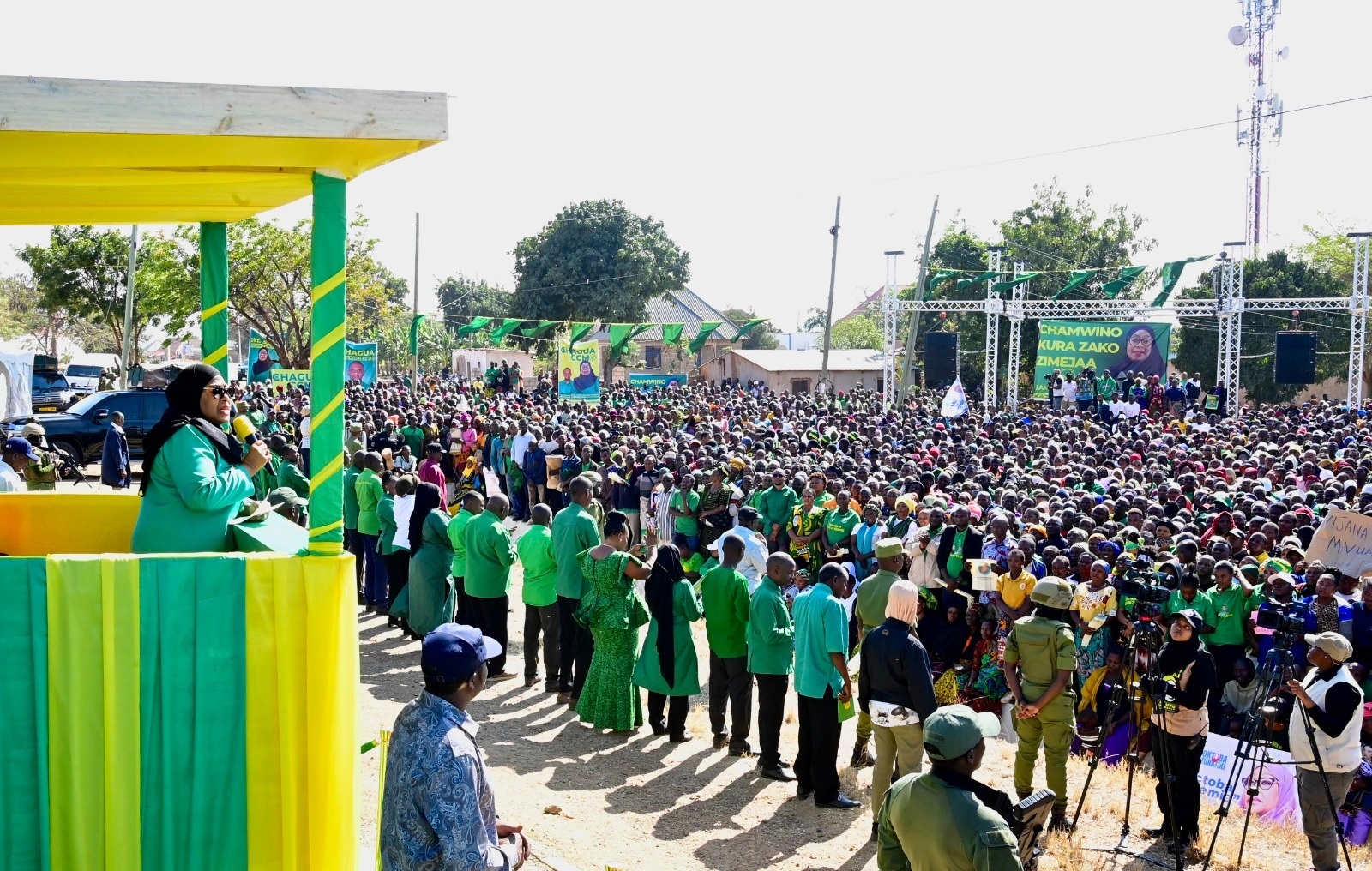PCCB urges religious leaders to join fight against corruption

THE Prevention and Combating of Corruption Bureau (PCCB) has called on religious leaders to use their influence to fight corruption and promote integrity within their communities.
Speaking at a seminar for stakeholders in Kibaha, Domina Mkama, the Coastal Regional PCCB head, emphasised that religious leaders are uniquely positioned to condemn corrupt practices and educate their congregations.
Mkama highlighted that religious leaders have a significant capacity to convey anti-corruption messages through places of worship, where their guidance is highly respected and widely followed. “Religious leaders play a critical role in shaping societal values and can be key allies in promoting transparency and accountability,” he said.
The seminar, which included religious leaders, journalists, and NGO representatives, was part of PCCB’s broader strategy to extend its anti-corruption education programs from the national level to regional and district levels.
This expansion aims to ensure that awareness campaigns reach a wider audience, empowering communities to report and prevent corrupt practices in their local areas. Mkama encouraged attendees to act as role models in their communities, demonstrating ethical behaviour and reinforcing the consequences of engaging in corruption.
Addressing concerns about enforcement, Leonard Swai, Head of the PCCB Investigations Desk for the Coast Region, explained that arrests of suspected offenders are made strictly based on solid evidence.
He stressed that while the bureau is ready to take suspects to court, legal proceedings can only move forward when there is concrete proof, ensuring that cases are strong and can withstand scrutiny in the judicial system.
This clarification responded to public complaints that bribe-givers are often not apprehended, with PCCB emphasising that arrests cannot be based solely on accusations or hearsay.
In addition, Juliana Bulinda, head of the Anti-Corruption Desk for Pwani Region, underscored the role of citizens in promoting transparency.
She noted that active public participation in the implementation of development projects is vital to curbing misuse of resources, fostering accountability, and enhancing service delivery.
The seminar reinforced the message that combating corruption requires a collective effort. PCCB urged all sectors of society—including religious institutions, civil society, and the media—to work together to create a culture of integrity and accountability.
By raising awareness, encouraging community participation, and supporting lawful enforcement, the bureau aims to reduce corruption and strengthen public trust in governance.
Top Headlines
© 2025 IPPMEDIA.COM. ALL RIGHTS RESERVED








